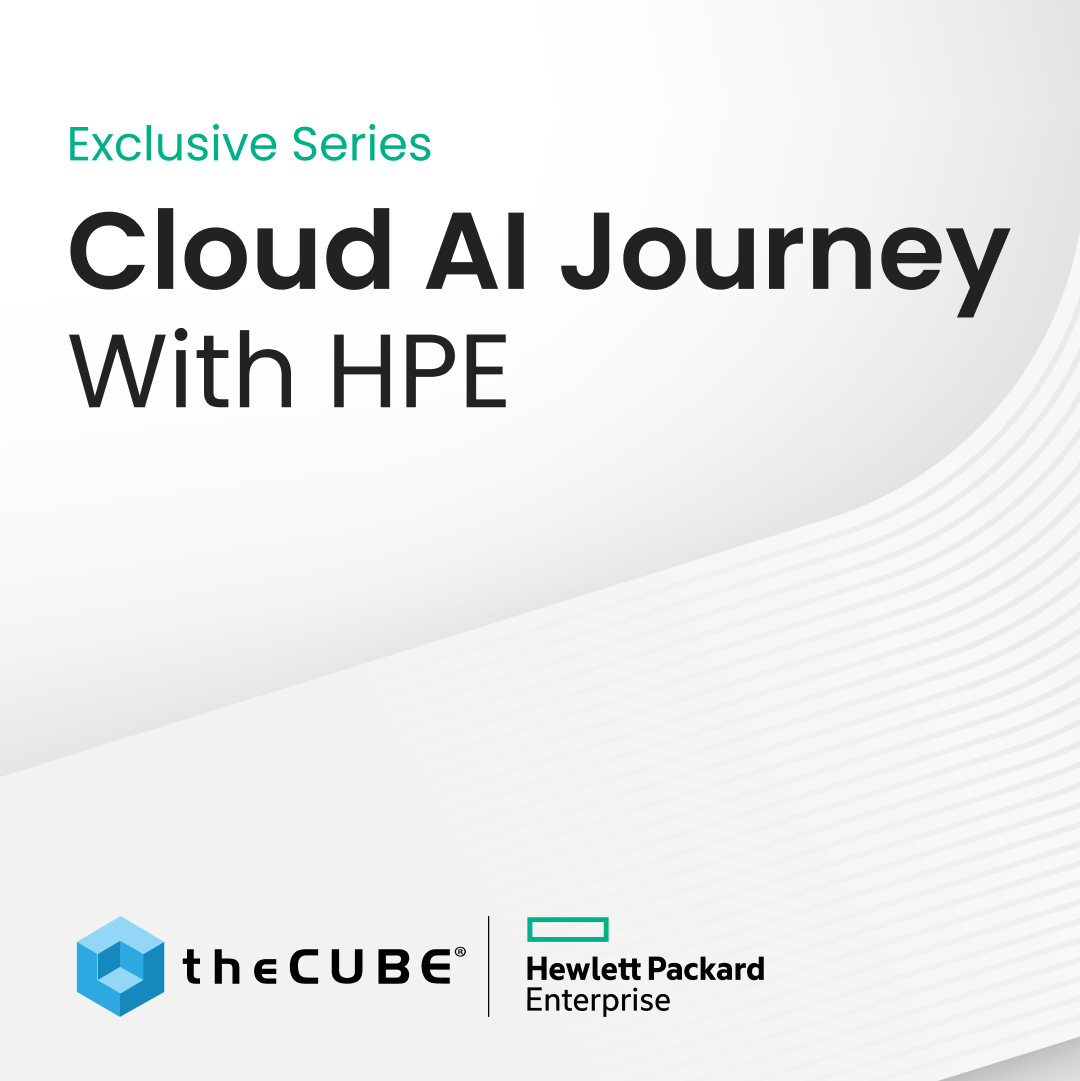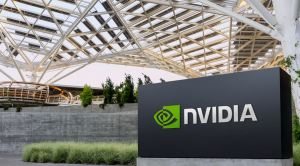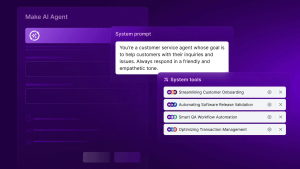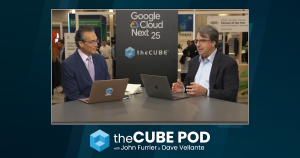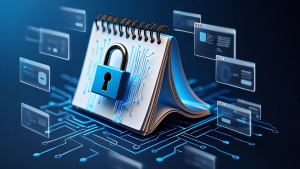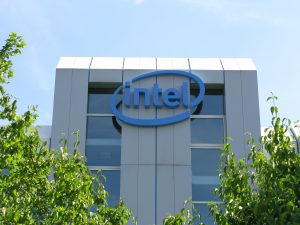Smart home nightmares : Lessons from “Almost Human”
![]() I’ve recently become addicted to the Fox series Almost Human. If you’re not familiar with it, the series is all about the future and how society’s crime rates have risen because of advancements in technology. Every police officer is partnered with an android, which can record everything and pull information in real-time. Exploring the many cultural and legal aspects of this advanced society, Almost Human raises plenty of questions and also inspires a vision for the future of technology.
I’ve recently become addicted to the Fox series Almost Human. If you’re not familiar with it, the series is all about the future and how society’s crime rates have risen because of advancements in technology. Every police officer is partnered with an android, which can record everything and pull information in real-time. Exploring the many cultural and legal aspects of this advanced society, Almost Human raises plenty of questions and also inspires a vision for the future of technology.
Last week’s episode “Disrupt” featured a smart home unlike any you’ve seen before. Here a company called Synturion provides home automation and security, which comes with your own personal holographic butler. A Synturion-equipped home features panes of smart glass all throughout the home, which can detect you as you approach your home to verify your identity. It can either unlock the home or trigger the home security system, which automatically kills trespassers by gunning them down. When you enter your home, you use your handprint to lock it behind you. The holographic butler then helps to do things like check on everyone’s locations and activities, ordering other home services to prepare your pool, and other actions a homeowner can take on their own. The smart glasses can also deliver the news or email, and probably other activities such as online browsing and video games, though these specific capabilities were not featured in “Disrupt’s” episode.
Everything in this episode’s smart home is connected to the Internet, which allows for real-time feedback. But because of this, it can also be hacked. Disrupt is also the name of a hacktivist collective, much like today’s Anonymous, and they are suspected to be the ones responsible for the unsolved killings that take place inside one’s home, as shown in this episode. If you haven’t watched it, don’t worry – I’m not giving out spoilers. Watch Fox’s promo clip below:
Secure smart home or a killer house?
.
These days, people’s interest in automating their homes is increasing because they don’t want to worry about the little things like turning off lights when no one’s in the room, not forgetting to unplug appliances that could cause a fire, locking the door when they leave and shaving costs off utilities bills, to name a few.
Because of our busy lives, we are looking for technologies that can make it easier on all of us. We want everything to be automatic the moment we step inside our homes.
But as the Almost Human episode showed, it can be a pretty scary future if companies do succeed in this Internet-connected-everything-automatic effort. A malware mishap can easily broadcast your whole life to everyone on the Internet, or you connected devices could be the end of your existence.
This episode also reminded me of the short story The Veldt by Ray Bradbury. It described a home that took care of everything a person or family needs from food, entertainment, sleep, and even the kids. Unfortunately, because of how technologically advanced everything was, the parents soon got bored, but the kids take for granted the freedom they have because of the little input their parents have on their lives. The story ends tragically, so read with caution, but it’s something people should really look into. With all these technological advancements, is a smart home really what we want? Is a smart home that could potentially turn against us something we want in our future?
We have seen in movies and TV shows how machines can easily turn against us, especially when they are given the ability to analyze things and perform actions independently of human input. Could we be facing this scenario in our near future?
feature image via FOX
A message from John Furrier, co-founder of SiliconANGLE:
Your vote of support is important to us and it helps us keep the content FREE.
One click below supports our mission to provide free, deep, and relevant content.
Join our community on YouTube
Join the community that includes more than 15,000 #CubeAlumni experts, including Amazon.com CEO Andy Jassy, Dell Technologies founder and CEO Michael Dell, Intel CEO Pat Gelsinger, and many more luminaries and experts.
THANK YOU







